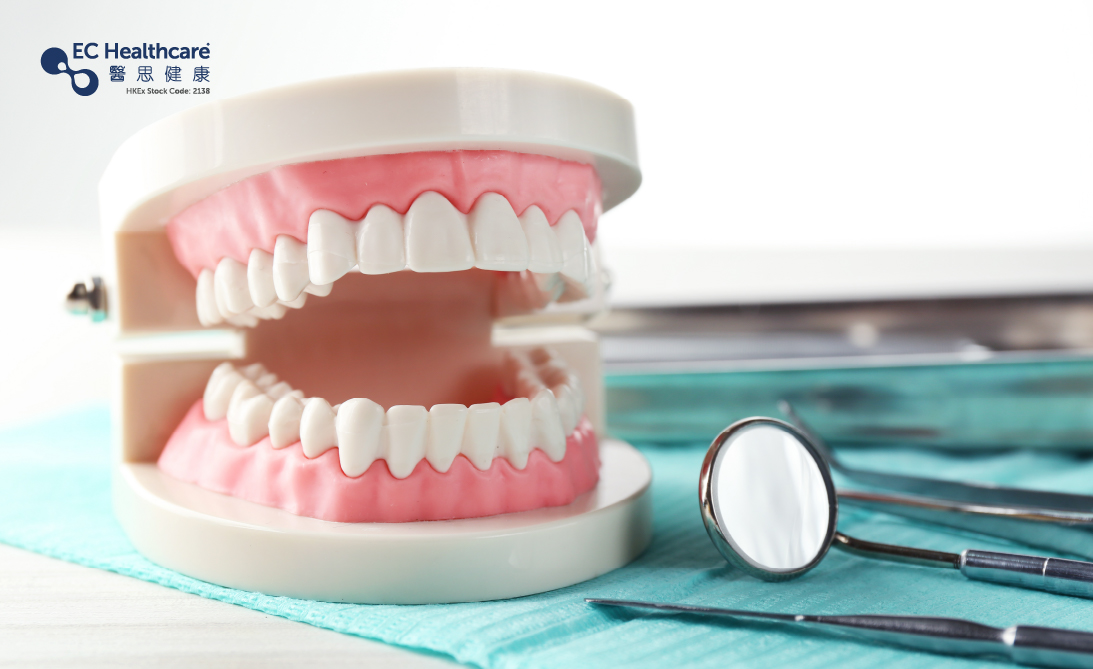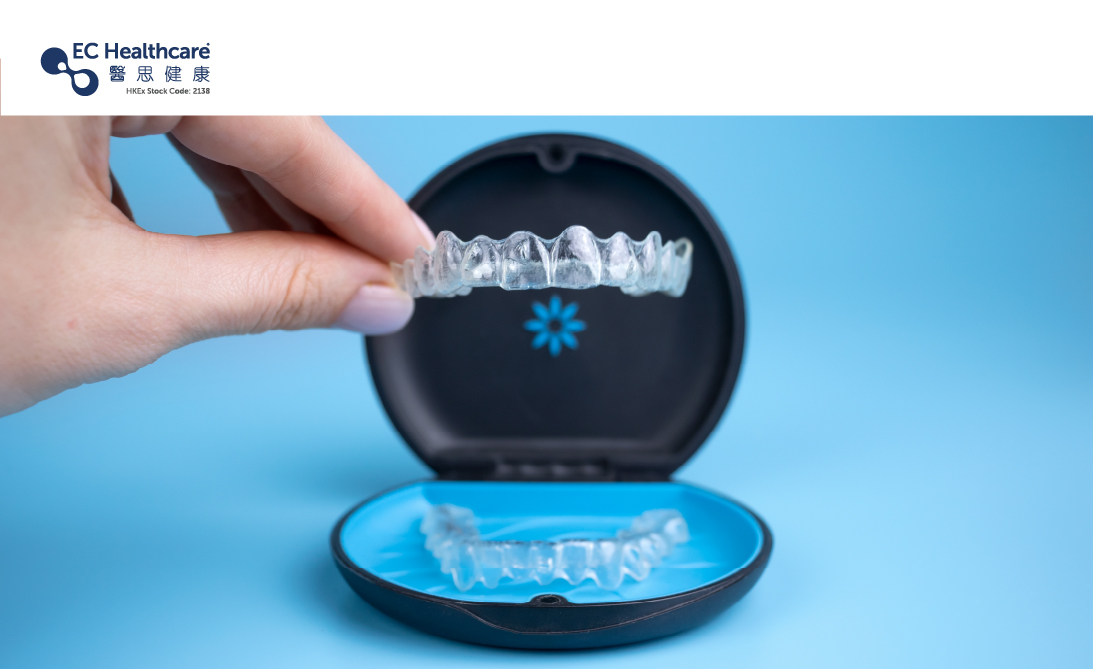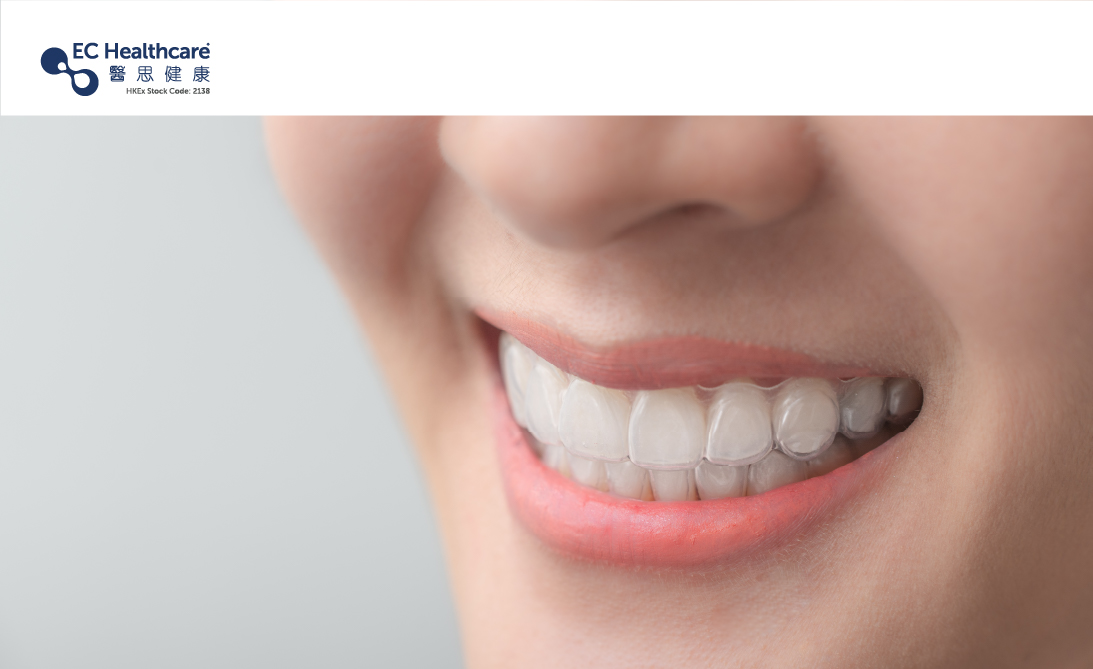What Is the Function of Wisdom Teeth?


Wisdom teeth are the third molars (and also the last molars) on both sides of the upper and lower jaw, which are part of the full set of 32 teeth in humans. In the past, human jaws were larger than those of modern humans, and their food was tougher. They needed to chew more and eat larger portions to absorb enough nutrients, so wisdom teeth were necessary in the past.
However, with changes in human lifestyle and environment, our food has become more tender, and we do not need to use wisdom teeth to fully chew the food and absorb enough nutrients. As a result, modern human jaws are smaller and lack space for wisdom teeth to grow, causing various problems.
Is it necessary to remove wisdom teeth?
When there is not enough space in the dental arch to accommodate the wisdom teeth, or when the wisdom teeth grow at an improper position or angle, they cannot fully grow and can become impacted. Symptoms include pain, swollen gum, bad breath, swollen face, and difficulty opening the mouth.
Many people believe that wisdom teeth do not need to be removed if they do not cause pain, but it actually depends on the individual situation. Wisdom teeth can be divided into two types: impacted and non-impacted. If a wisdom tooth is non-impacted, it grows normally at the same angle as the other teeth. But as it is located deep inside the mouth, it is often overlooked during daily brushing and cleaning, which can lead to problems such as tooth decay and bacterial growth, causing inflammation in the gums.
Therefore, even non-impacted wisdom teeth may need to be removed. The growth direction of impacted wisdom teeth is different for each person, such as horizontal, backward, or lower than other teeth. Common problems caused by impacted wisdom teeth include tooth decay, pericoronitis and cysts, and surgical removal of the impacted teeth is necessary.
Should wisdom teeth only be removed when they cause pain?
In fact, dentists will evaluate the growth of wisdom teeth based on your oral and X-ray examination, and determine whether removal is necessary. Generally speaking, the decision is made for treatment or prevention.
If the wisdom tooth is decayed, causes abscess, inflammation, cysts, or resorption of roots of adjacent teeth, then the tooth needs to be extracted as treatment. Wisdom teeth may also be removed preventively considering the risk of serious dental issues in the future, such as problems caused by trapping food and difficulty cleaning.
Generally speaking, impacted wisdom teeth that have already grown out are more likely to cause problems because plaque can accumulate at the impacted site, leading to tooth decay, periodontal disease or pericoronitis.
Since wisdom teeth usually grow out around the age of 18-25, most dentists will recommend people aged 16-19 receive oral and X-ray examinations to evaluate the growth of wisdom teeth and determine whether they need to be removed.









